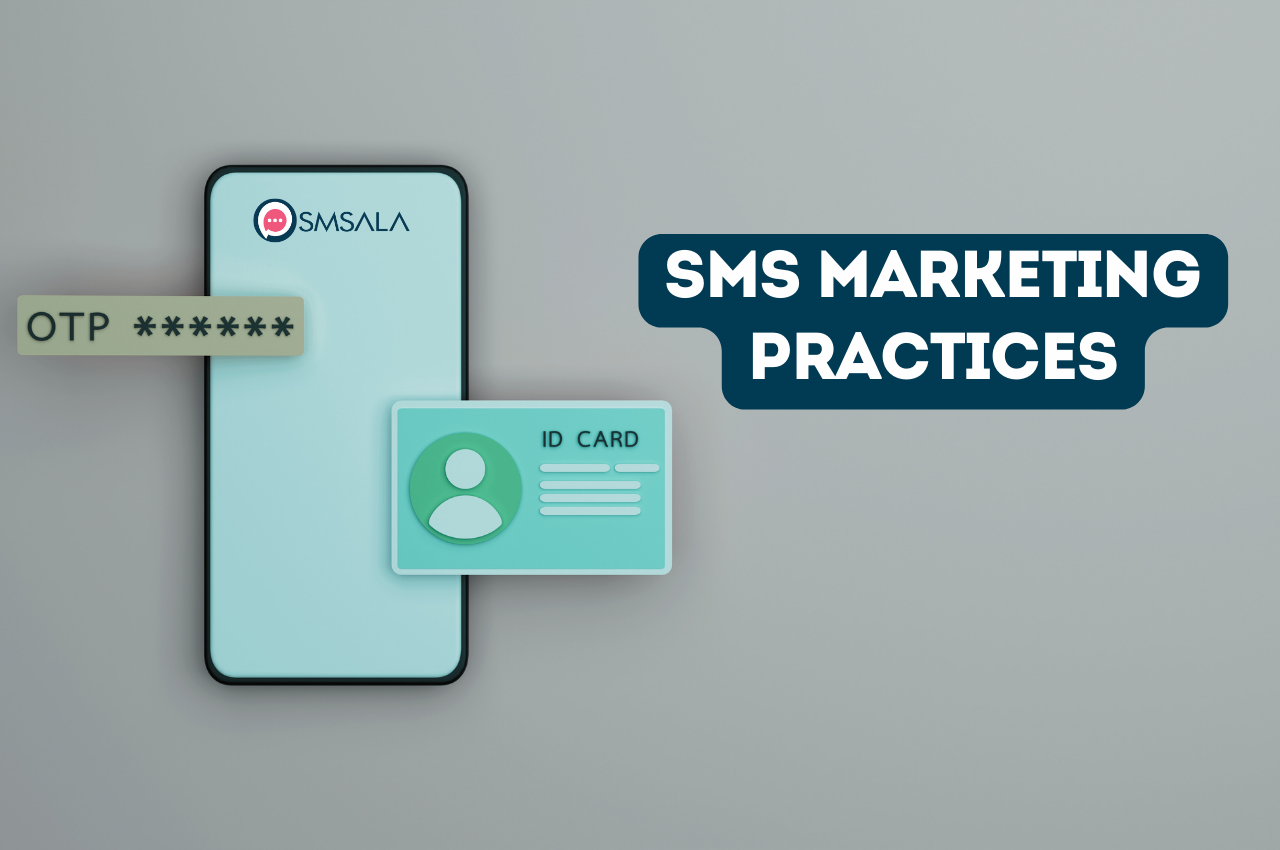The market for Short Message Services, commonly known as SMS, is experiencing significant growth that shows no signs of slowing down. Recent studies indicate that approximately 73% of U.S. adults engage in text messaging. A deeper dive into consumer behavior reveals a pronounced preference for SMS over traditional voice calls. This trend is especially prominent among tech-savvy generations who favor quick and efficient communication methods. This shift in consumer preferences highlights a substantial opportunity for entrepreneurs to tap into the lucrative bulk SMS marketing segment.
Amid the increasing clutter of digital marketing channels, mass text message advertising stands out as a distinctly effective medium. To fully capitalize on the potential of this preferred channel, businesses must adopt a strategic approach. This involves not only adhering to best practices but also innovating continuously to keep messages engaging and impactful. Here are some proven strategies that can help businesses maximize their SMS marketing campaigns.
Follow these 6 SMS Marketing Practices:
1. Get permission: Securing the recipient’s consent is the first and most crucial step in establishing a successful SMS marketing campaign. It is imperative that customers opt-in to receive messages through either keyword or web-based opt-in systems. This ensures compliance with legal standards and builds a database of engaged recipients who are more likely to respond positively. Companies should facilitate easy signup options on their websites and social media platforms, and clearly communicate the frequency and type of messages subscribers will receive.
2. Use a simple code: Employing an easy-to-remember shortcode can significantly enhance customer engagement. A simple shortcode eliminates any potential frustration customers might feel when trying to recall a complicated code. For small businesses, the cost of a dedicated shortcode might be prohibitive; in such instances, sharing a shortcode with non-competitors could be a viable and cost-effective alternative. This strategy not only reduces expenses but also maintains the integrity of communication channels.
3. Keep the message direct: The essence of effective SMS marketing lies in its brevity and directness. Messages should be concise, limiting themselves to 160 characters while clearly conveying the intended value proposition. Utilizing straightforward language and common texting abbreviations helps avoid miscommunication and keeps the recipient’s attention focused on the core message. Remember, the goal is to communicate value quickly and clearly.
4. Keep the message relevant: Relevance is the cornerstone of any successful marketing strategy. SMS marketing is no different; messages must be tailored to fit the interests and needs of the target audience. Effective segmentation and targeting are crucial in this regard. Businesses should analyze customer data to understand preferences and behaviors, which in turn can be used to craft messages that speak directly to the audience’s desires and needs.
5. Keep it personal: Personalization can significantly boost the effectiveness of SMS marketing. Addressing customers by name and tailoring messages based on their previous interactions with your brand can create a more intimate and engaging experience. This approach not only enhances customer satisfaction but also fosters loyalty, as personalized messages are often perceived as more genuine and caring.
6. Time it right: Timing is another critical aspect of SMS marketing. The impact of an otherwise perfect message can be diminished if sent at an inappropriate time. Analyzing customer behavior to determine the best time for sending messages can maximize engagement. For instance, messages sent during commute times might be more effective for professionals, while evenings or weekends might work better for young audiences or retail promotions.
To Conclude:
Sending Bulk SMS is a powerful strategy for local market penetration. The prevalence of mobile devices coupled with the trend towards location-based searches highlights the importance of incorporating mobile marketing into the broader marketing strategy. Nearly 90% of local searches on mobile devices lead to an action, such as a purchase or a visit, showcasing the potent reach of this channel. Mobile marketing not only provides a direct line to the consumer but also offers immediate and measurable results.
With SMS advertising and marketing, it is vital to see the “big picture”. Effective SMS campaigns are part of a larger strategic framework aimed at building long-term relationships with customers. Each message should be crafted with the overall marketing goals in mind, whether that’s driving sales, enhancing customer engagement, or fostering brand loyalty.
As companies leverage bulk SMS online, they should keep in mind that not every message will directly result in a sale. However, every message is a building block in the broader relationship with the customer. SMS marketing can serve various purposes beyond direct sales, such as lead generation, public relations, or customer education. This versatility makes SMS an invaluable part of any comprehensive marketing strategy. Focused on creating meaningful, direct, and personal communication, SMS marketing can transform customer interactions and drive business growth in today’s digital age.




